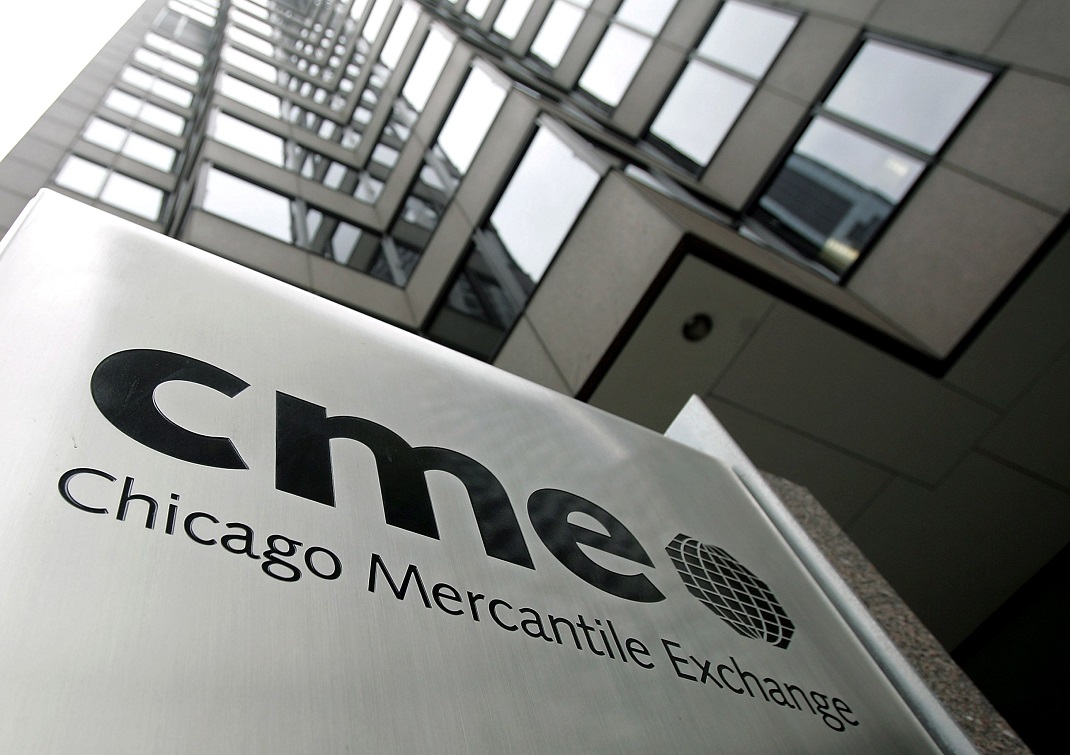Traditional financial firm consortium Bit Morgan has joined blockchain and added an exchange-traded fund (ETF) to its trading business as announced in a press release.
In the traditional financial markets, ETF is as important as an investment tool that’s popular among investors to achieve asset appreciation. Bit Morgan designed an ETF digital currency based on its attributes, valuation and created a similar financial product. ETF is the “securitization of digital currencies.”
Bit Morgan designed the ETF as a multi-digital currency asset that holds bitcoin (BTC), ethereum (ETH), and EOS (EOS) to ensure market demand for the ETF.
Bit Morgan’s digital currency offers three advantages.
Funding channels for institutions
Bit Morgan’s digital currency ETF introduces a huge flux of funds into the digital currency market and is expected to increase trend for the valuation of all digital currency simultaneously including mainstream coins such as BTC and ETH. It can even witness record-breaking prices.
Lower investment threshold for retail investors
In traditional financial markets, ETF is suitable for long-term investments. In the same way, Bit Morgan’s ETF will allow the public to invest in digital currencies without excessive entry barriers.
Promote industry transformation
“The most important principle for digital currencies is that consensus generates value. With a huge influx of people into the market, there will be a stronger consensus to promote industry progress. This initiative by Bit Morgan will thus progress the industry and accelerate industry transformation,” the press release read.
The upwind of the digital currency market and release of digital currency ETF are expected to push the rapid development of digital currencies. If Bit Morgan’s digital currency ETF would be successful, it could reshape the level of trust toward digital currencies and further promote its development.
Meanwhile, the U.S. Securities and Exchange Commissions (SEC) might reconsider bitcoin ETF in the future due to retail and investor demands. Just recently, SEC disapproved of Wilkshire Phoenix’s application citing that it fails to demonstrate that its proposal is coherent with the requirements of Exchange Act Section 6 (b)(5).


























Comment 11